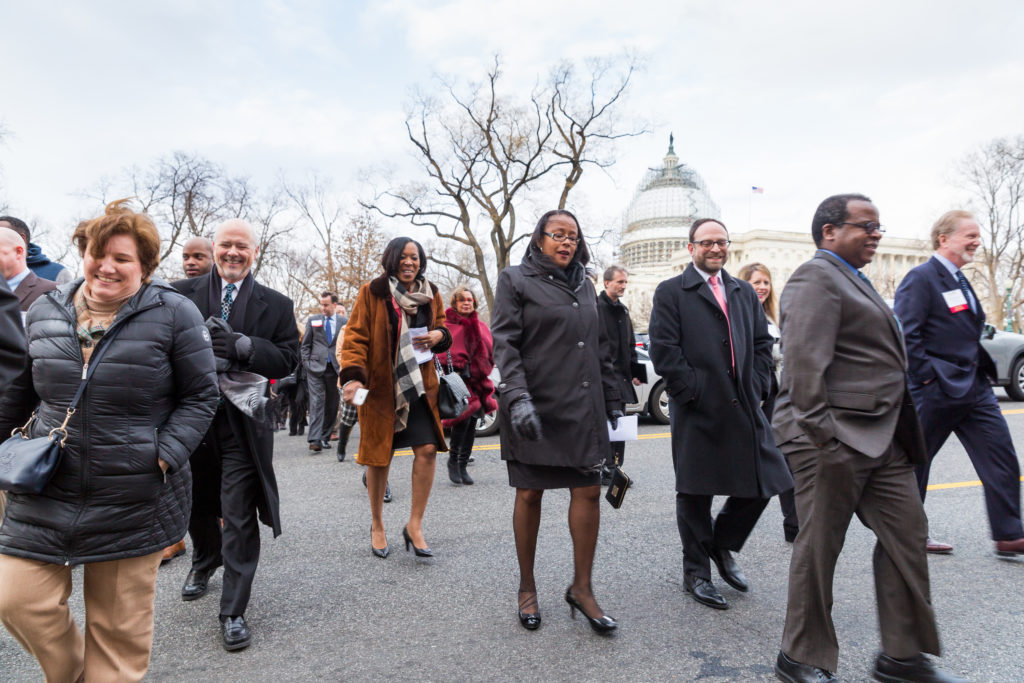Financial Aid, School Funding, & College Access

December 13, 2019 – Here’s what we’re reading this week about the issues affecting high-achieving students. Policies on dual enrollment and school funding make headlines in K-12, and higher education policymakers focus on financial aid.
Receive the Cooke Chronicle each week in your inbox: Subscribe here. The next issue will be sent out on Friday, December 6.
Elementary & Secondary Education:
- Chicago Mayor Lori Lightfoot is looking to reform school funding across Chicago Public Schools in advance of the 2020-2021 school year. Chalkbeat reports on what these changes could mean for students across America, and how they could benefit lower-income students.
- In an effort to increase college access, a college in Eastern Missouri has begun to offer local high schoolers with financial need the opportunity to enroll in dual credit programs at no cost. As Missourian.com reports, students who participate in the federal free and reduced lunch program are now able to take college-level coursework during high school for free.
Higher Education:
- The U.S. House of Representatives passed the Senate’s FUTURE Act which would simplify the FAFSA by eliminating 22 out of 108 questions on the form. The bill was originally passed in the Senate last week, and will return to the Senate for final approval.
- Stateline.org is reporting that increasing numbers of states are reconsidering how they allocate state aid programs for college funding. Many are considering moving away from offering merit-based aid to focus solely on need-based aid, based on data that suggests high income students may disproportionately benefit from state merit-based aid.
Cooke Foundation Highlights:
- Cooke Young Scholars Joanna Nar and Keenya Davis share their passion for learning topics like philosophy and mathematics in Chicago Unheard.
- Diverse: Issues in Higher Education reports on new research showing that attending a community college can increase access to selective four-year institutions for low-income, under-represented students. The article also cites the Foundation’s “Persistence” report, which finds that community college transfer students are more likely to graduate than traditional students at selective institutions.
- Executive Director Seppy Basili highlights the work of the work of the University of Iowa’s Belin-Blank Center for Gifted Education and Talent Development. The Belin-Blank Center focuses on inclusive methods for identifying high-potential students, as well as training teachers to better assess the needs of high-achieving students in rural areas.
Social Media Spotlight:
Photo header: High school principals descend on Capitol Hill for the Foundation’s 2016 Closing the Excellence Gap convening.